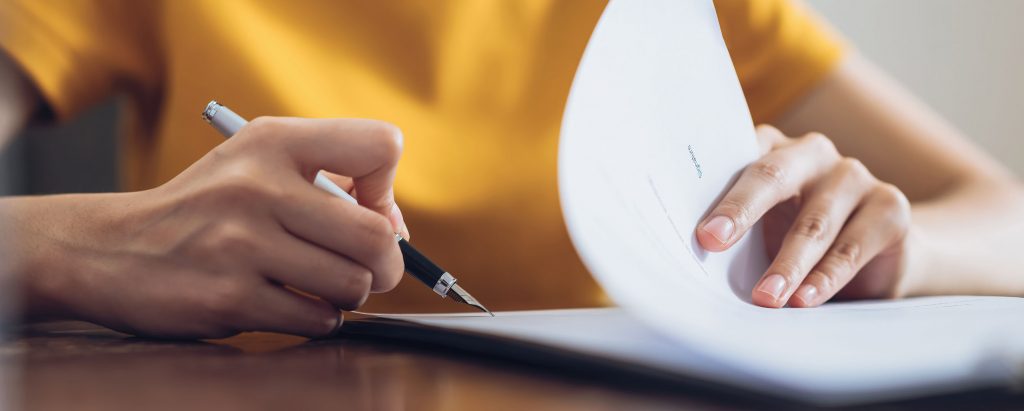You’ll need to register a death before arranging the funeral. This is usually done by a relative but can be carried out by anybody present at the death, the occupier of the premises where the death occurred or the person accepting responsibility for arranging the funeral.

The death needs to be registered at a Registrar’s Office within five days either in the area where it occurred or at a Registrar’s Office of your choice – this is called Registry by Proxy.
The Registrar will need the following information from you about the person who has died:
– Full name and any previous names used
– Date and place of birth
– Date and place of death
– Occupation
– Last address
– If married, full name, date of birth and occupation of the surviving spouse
– If they were in receipt of any state pension or benefits
– Their National Insurance number and that of any surviving husband, wife or civil partner
They will also need the following documents:
– The Medical Certificate of Cause of Death
– The NHS medical card of the person who has died (if available)
– The Birth certificate of the person who has died
– The Marriage or civil partnership certificate of the person who has died (if applicable)
Once the Registrar has the required information and documents, they will issue the following certificates which means you can start arranging the funeral:
Certification for Burial or Cremation – also known as the ‘green form’
This certificate is free of charge and needs to be given to the funeral director as soon as possible as it gives permission for the person who has died to be buried or cremated. If the coroner is involved, this certificate may not be issued but instead a separate certificate sent directly to the funeral director.
Certificate of Registration of Death BD8 – also known as the ‘white form’
This is also free of charge and used where the person who has died was in receipt of any state pensions or benefits. This form is used in all cases and should be sent to the address on the back of the form, along with any relevant pension books.
Death Certificate
This is issued as legal proof of the death and is required to settle the affairs and estate of the person who has died. This is the only form that you’ll need to pay for and you might want several copies as it’s needed for a variety of companies such as the bank, pension company, insurer etc. and they will all want an original. You can, however, ask that they return it.
For more information please talk to Howard Chadwick Funeral Service who will be able to explain everything to you in detail